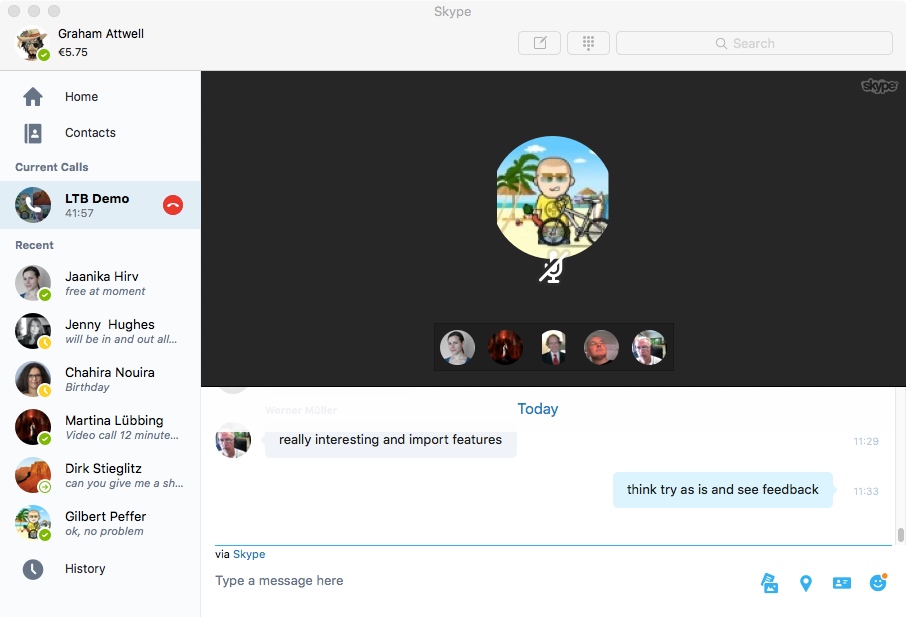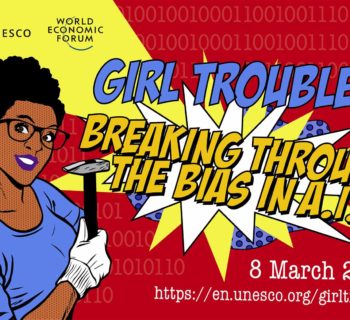 Part four of the series on working places as learning spaces focuses on the internet. Giving this just one photo would not really work so I have indulged in three.
Part four of the series on working places as learning spaces focuses on the internet. Giving this just one photo would not really work so I have indulged in three.
Dave White distinguishes between digital visitors and digital residents in their use of the internet. "When in Visitor mode, individuals decide on the task they wish to undertake. For example, discovering a particular piece of information online, completing the task and then going offline or moving on to another task. When in Resident mode the individual is going online to connect to, or to be with, other people. This mode is about social presence."
I am a digital resident. Increasingly my online world and off line world are intertwined and I guess much of my learning takes place on the Internet. I have combined using different tools to form a Personal Learning Environment, although it is neither particularly stable or efficient. I use a wide range of different applications and tools, depending on what I am doing.
 Probably most important are applications for communications. For one to one communication my app of choice is Skype. Skype has one big advantage - almost everyone I know has a Skype address and it seems to work on most platforms. OK,the video and audio quality are not great. But it is simple and it just works. With close friends and colleagues, I tend to use it like a conversation in an office, stopping to say good morning, to talk during breaks, to meet to discuss particular problems and issues. One curious thing I have noticed is that with some people I tend to mainly use text and with others video although I have no real idea why. I guess these just become habits.
Probably most important are applications for communications. For one to one communication my app of choice is Skype. Skype has one big advantage - almost everyone I know has a Skype address and it seems to work on most platforms. OK,the video and audio quality are not great. But it is simple and it just works. With close friends and colleagues, I tend to use it like a conversation in an office, stopping to say good morning, to talk during breaks, to meet to discuss particular problems and issues. One curious thing I have noticed is that with some people I tend to mainly use text and with others video although I have no real idea why. I guess these just become habits.
I have missed feelings about online meetings. For sure they allow people to meet from all over the world without the time and cost of travel. But sometimes I think just because they are cheap and easy, we hold more meetings than we necessarily need. And online meetings are very different from face to face meetings. Firstly they lack the many visual cues we use in face to face conversations. And there is a tendency for discussions to go round and round with little movement towards closure. Remaining focused on the screen can get very tiring - an online meeting room lacks the visual distractions of the physical environment. I think those distractions are necessary for longer meetings. Preparation and moderation are even more important in online meetings than face to face if meetings are to be open and participative and arrive at conclusions, whether shared or not.
Twitter is my favourite social networking tool. Although it can take a bit of time curating the right people to follow (and unfollow), Twitter offers a wealth of learning. Shout-outs to followers with particular queries often elect helpful responses. More importantly I get links to ideas, to blogs, to papers, to people I would be never have heard about otherwise. The recent popularity of simultaneous tweet-meets usually lasting something like one hour in the evening and focused around responses and discussions of four or five key questions, have opened up a new self organised learning space.
For access to academic papers I am almost completely reliant on the internet. Whilst I miss the atmosphere of the library, it is much more convenient and offers a wider range of publications. However, far too many papers and publications are still hidden behind publisher pay walls and too expensive for those who do not have a university library affiliation.
Finally a word about books. Like many of us, I guess, a few years ago I was sold on book readers and online publications. But, similarly to many others if the market data is to be believed, I have slowly drifted back to paper publications. True, electronic books take up less storage space. They are also cheaper. But I don’t think they offer such as attractive learning space as paper publications. It will be interesting to see how in the future we integrate our physical world including artefacts like books with the digital world.








